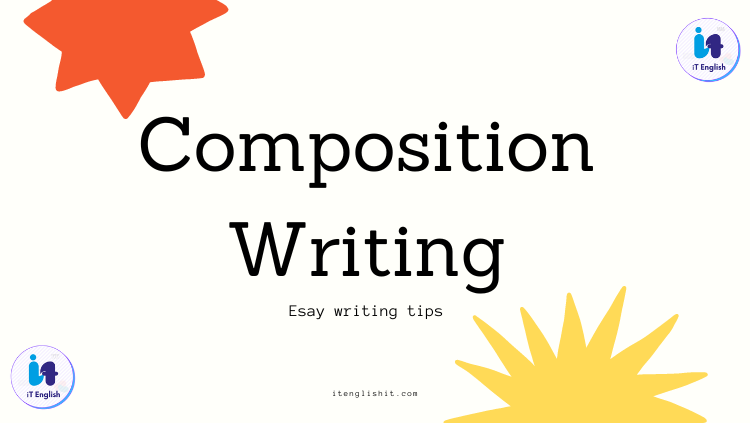Infinite। English Grammar Rules (Verb)
An infinitive is a verb combined with the word to. Most often, an infinitive acts as a noun in the sentence. Less frequently, it acts as an adjective or an adverb.
I want to go home early today.
I hope to be chosen as a member.
I prefer to go there earlier.
You need to consider various rules in writing sentences.
You have to explain your reasoning in detail.
You might wish to act as a teacher.
To leave for a vacation is my only wish at this time.
A common mistake in a relationship is not to trust the other person.
Help me to save the trees!
To be mentally healthy, you must read books.
Do you want me to fill out this form?
Here is our to-do list.
It was nice to meet you.
It is time to move on.
I am young enough to change my habits.
Don’t forget not to make grammar mistakes.
You are required to leave all your belongings here.
I came to see a doctor today.
You have to work harder to succeed.
I need to take three more classes to finish my graduate study.
I got closer to the speaker to listen clearly.
Be sure to check if you have tickets.
I am going to buy the new computer.
Generally, it is not common to split to and the verb except for when you want to emphasize the verb.
I want you to immediately stop doing that.
You have to seriously work hard to succeed.
You need to definitely explain your reasoning in detail.
Commonly, an infinitive is used with the subject it. The sentence structure is “It is + infinitive” It refers to the infinitive. This expression is used in many ways.
It is time to do math.
It is common to think that way.
It is appropriate to keep a low profile.
It was nice to see you.
It was my pleasure to meet you.
It was my honor to have dinner with you.
It is good to see you.
It was great to go on a trip with them.
Both gerunds and infinitive phrases can function as nouns, in a variety of ways. Gerunds and infinitives can follow certain verbs but not others. You need to remember which verbs can be followed by only a gerund or only an infinitive.
Verbs that can precede only gerunds:
consider, suggest, enjoy, deny, avoid, miss, mind, practice, postpone, resist, finish, quit, give up, put off
Verbs that can precede only infinitive s:
offer, decide, hope, attempt, promise, agree, afford, deserve, refuse, undertake, learn, fail, seem, appear, tend, pretend, choose, demand, desire, guarantee, claim, manage, determine, expect, want, wish
Verbs that can precede either gerunds or infinitive s without changing meanings:
continue, like, love, begin, start, propose, neglect, stand, hate
Verbs that can precede either gerunds or infinitive s but change meanings:
forget, remember, stop, try
I stopped watching the movie. (I no longer watched the movie.)
I stopped to watch the movie. (I stopped what I was doing to watch the movie.










